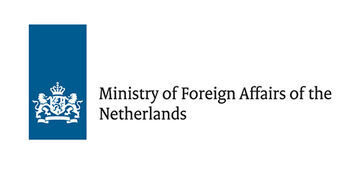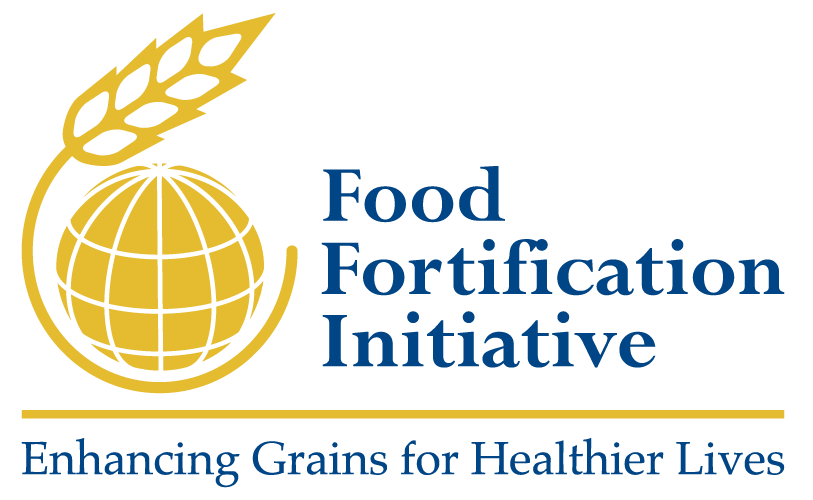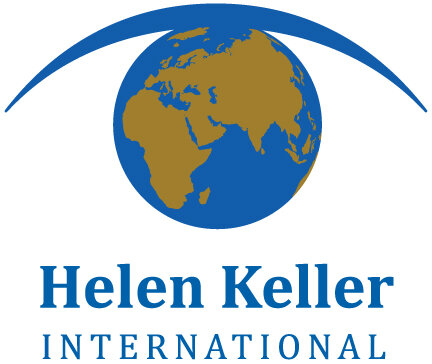Quality Assurance/Quality Control Training
When
12 May 2014 - 15 May 2014
Where
Location: Federation des Minotiers at the Institut de Formation, Casablanca, Morocco
Region: Africa
Objective
The overall objective was to provide training and course material to those responsible for the key monitoring components in the national flour fortification program. Participants represented government food control officials, regulatory inspectors, and milling industry personnel.
Summary
Staple food fortification is recognized as an effective way to address vitamin and mineral deficiencies as part of a comprehensive national nutrition program. However, an effective fortification program must be consistently implemented and properly controlled.
A key component of successful food fortification programs is monitoring done by the private and public sectors to produce quality fortified food. Common weaknesses include a lack of clarity on roles and responsibilities between industry and government agencies in quality assurance and quality control. Other problems are often lack of resources for regulatory monitoring, poorly established or badly designed monitoring protocols and systems, and insufficient qualified laboratory resources and expertise to test product samples.
This workshop focused on wheat flour fortification. A key benefit to the meeting was that both milling leaders and food control personnel from the government received the same technical training. Both groups having the same understanding about roles and responsibilities can accelerate fortification's implementation and improve efficiency.
The workshop included lectures, discussion groups, and laboratory demonstrations. In addition a field trip was made to a large flour mill in Casablanca to see flour fortification being carried out and controlled in actual practice.
Training was based on Guidelines on Food Fortification with Micronutrients published by the World Health Organization (WHO) and the Food and Agricultural Organization of the United Nations (FAO). Other resources used were Strengthening National Food Control Systems: A Quick Guide to Assess Capacity Building Needs, published by FAO, and Assuring Food Safety and Quality Guideline for Strengthening Food Control Systems, published by WHO and FAO.
Regulatory monitoring systems for fortified foods are based on national legislation, regulations and standards which establish requirements for foods and the expected roles and responsibilities of various stakeholders. As such, this workshop for training both government and milling industry personnel on quality assurance and quality control was a logical follow-up to the FFI/WHO/WHO Regional Office for the Eastern Mediterranean Harmonization workshop held in Amman, Jordan, in 2011.
Participants
Participants representing both public sector agencies and the flour milling industries attended from the following countries: Afghanistan, Algeria, Benin, Burundi, Djibouti, Egypt, Iraq, Mali, Morocco, Pakistan, Senegal, Sudan, Togo, and Tunisia.
See the full participant list.
Presentations
Sponsors
The Smarter Futures partnership, the World Health Organization Eastern Mediterranean Regional Office, and the Global Alliance for Improved Nutrition (GAIN). The workshop was hosted by the Federation des Minotiers at the Institut de Formation (IFIM) in Casablanca and included a day of training at the mill.
The Smarter Futures partnership includes the Food Fortification Initiative (FFI; formerly the Flour Fortification Initiative), The International Federation for Spina Bifida and Hydrocephalus (IFSBH), AkzoNobel, and Helen Keller International (HKI) with co-financing from the Ministry of Foreign Affairs of the Netherlands.
![akoznobel_logo[1].JPG](https://images.squarespace-cdn.com/content/v1/5e1df234eef02705f5446453/1597259591477-1PYHKVHWGY2EDZ2L4W4T/akoznobel_logo%5B1%5D.JPG)






















